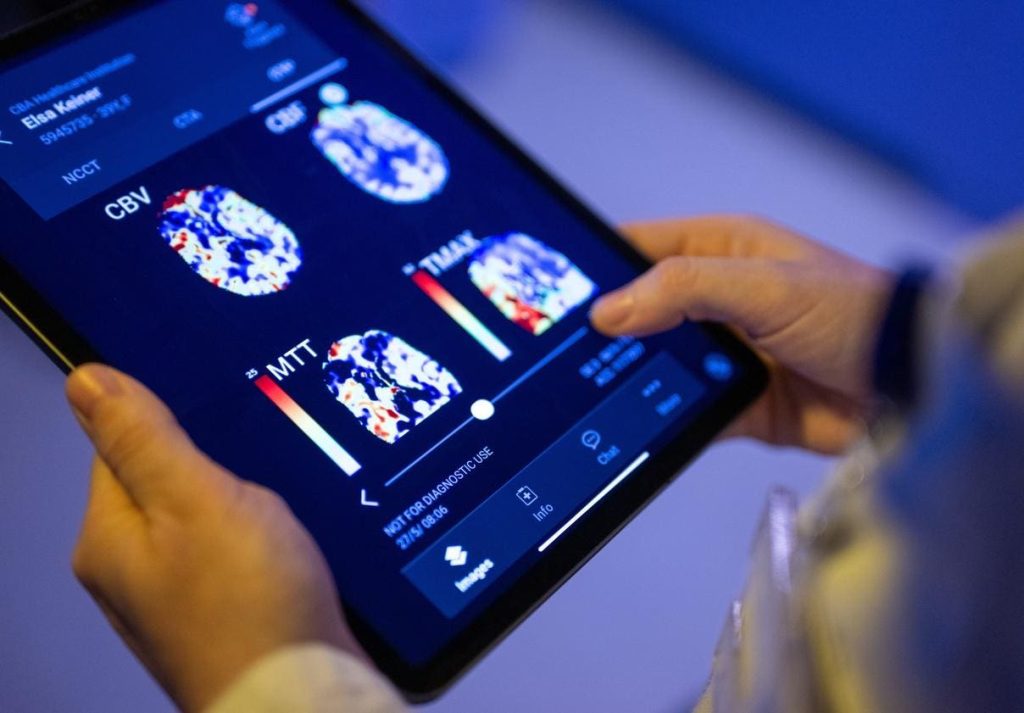The healthcare industry is on the brink of a paradigm shift with the integration of generative AI technology. This powerful tool is poised to revolutionize how we approach health by analyzing data, predicting patterns, and focusing on prevention and personalized care. While AI will not replace doctors, it will work alongside them to improve efficiency, affordability, and customer service in the healthcare sector.
Generative AI is not just limited to diagnostics but extends to drug discovery, robotic-assisted surgery, 3D printing of prosthetics, and more. Companies like Google’s MedLM and NVIDIA are already leveraging AI to analyze global datasets for early disease prediction and personalized treatment plans. With the potential to reduce administrative burden and shift towards wellness-based healthcare, the $10 trillion healthcare industry stands to benefit greatly from the integration of AI.
However, the transformative power of AI also comes with ethical considerations. Biased data and algorithmic fairness, access and equity, and regulatory frameworks are crucial factors that need to be addressed to ensure responsible implementation of AI in healthcare. It is essential to guard against discriminatory treatment plans and ensure that advancements in AI are accessible to all, not just the privileged few.
Moving forward, a responsible future in healthcare requires a balance between the use of AI technology and human judgment and empathy. Collaboration between governments, technology companies, medical professionals, and healthcare providers is essential to ensure the ethical implementation of generative AI. This includes investing in research, developing clear policies and regulations, and empowering medical professionals to deliver exceptional human care.
By embracing generative AI technology responsibly, the healthcare industry has the potential to usher in a new era of global wellness, focusing on proactive prevention and personalized care. This future requires dialogue, collaboration, and a commitment to ethical implementation to ensure inclusive access and mitigate biases. The time for action is now to build a healthier and more equitable world for all.















